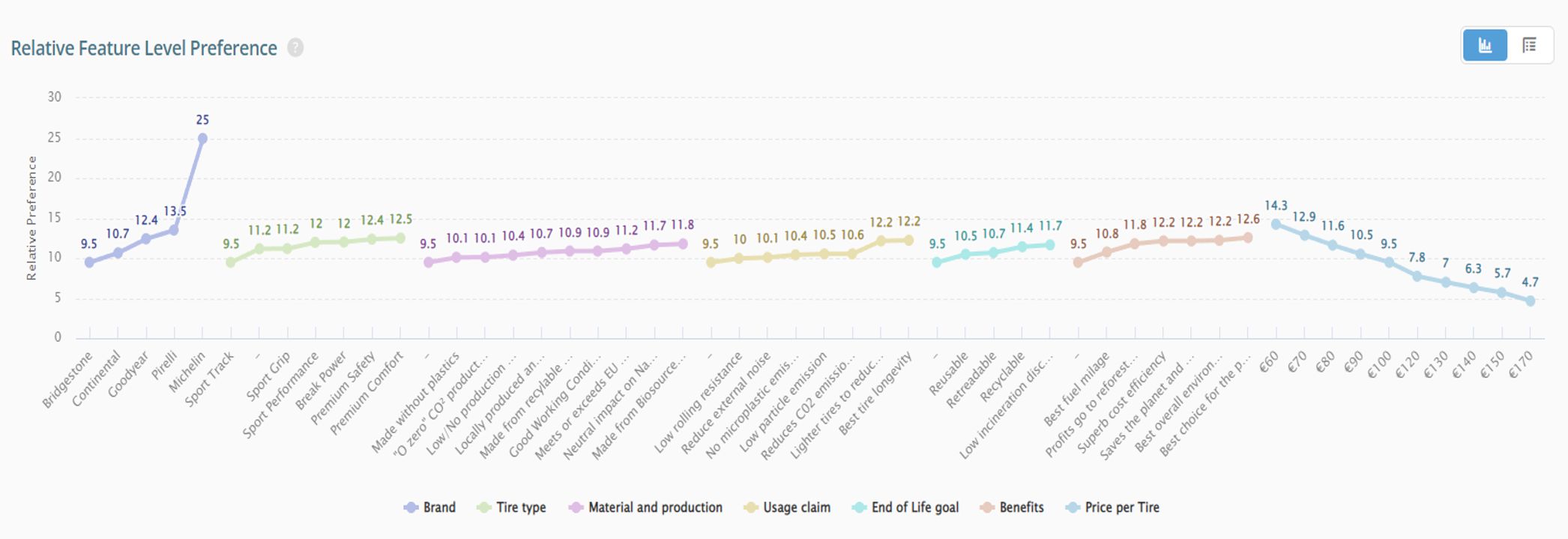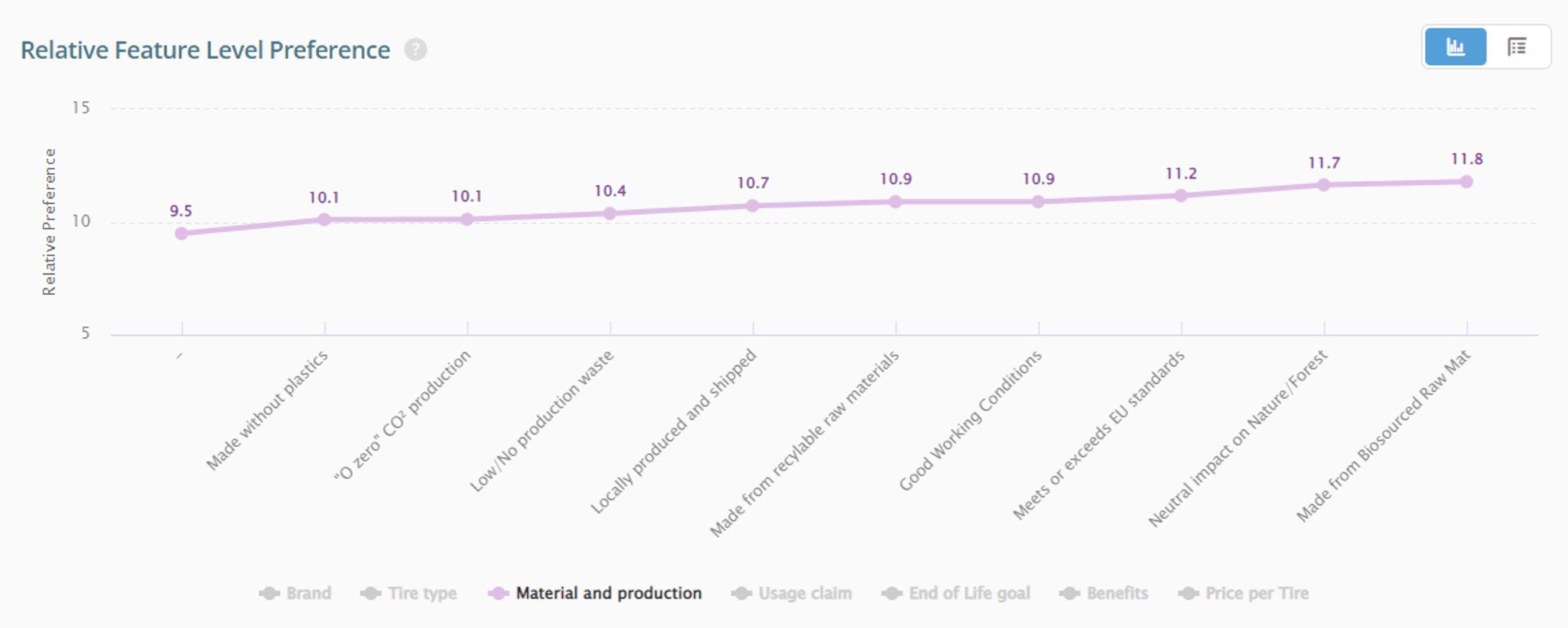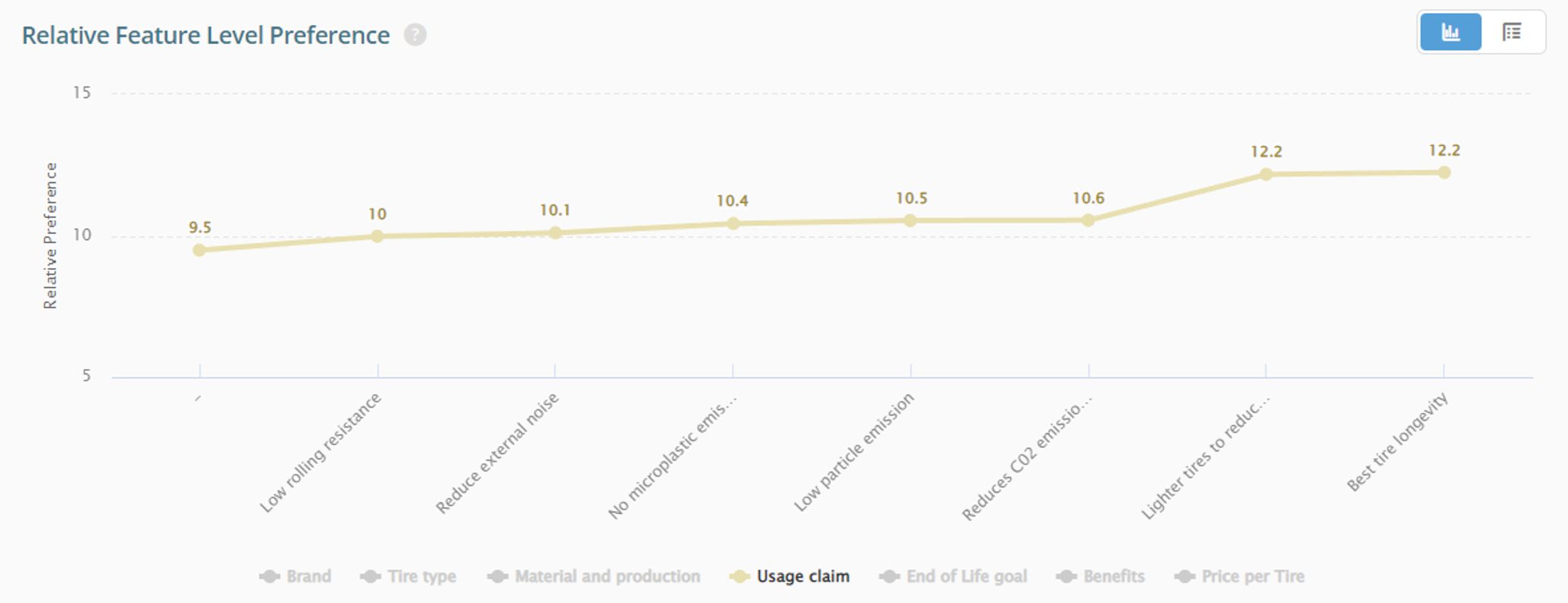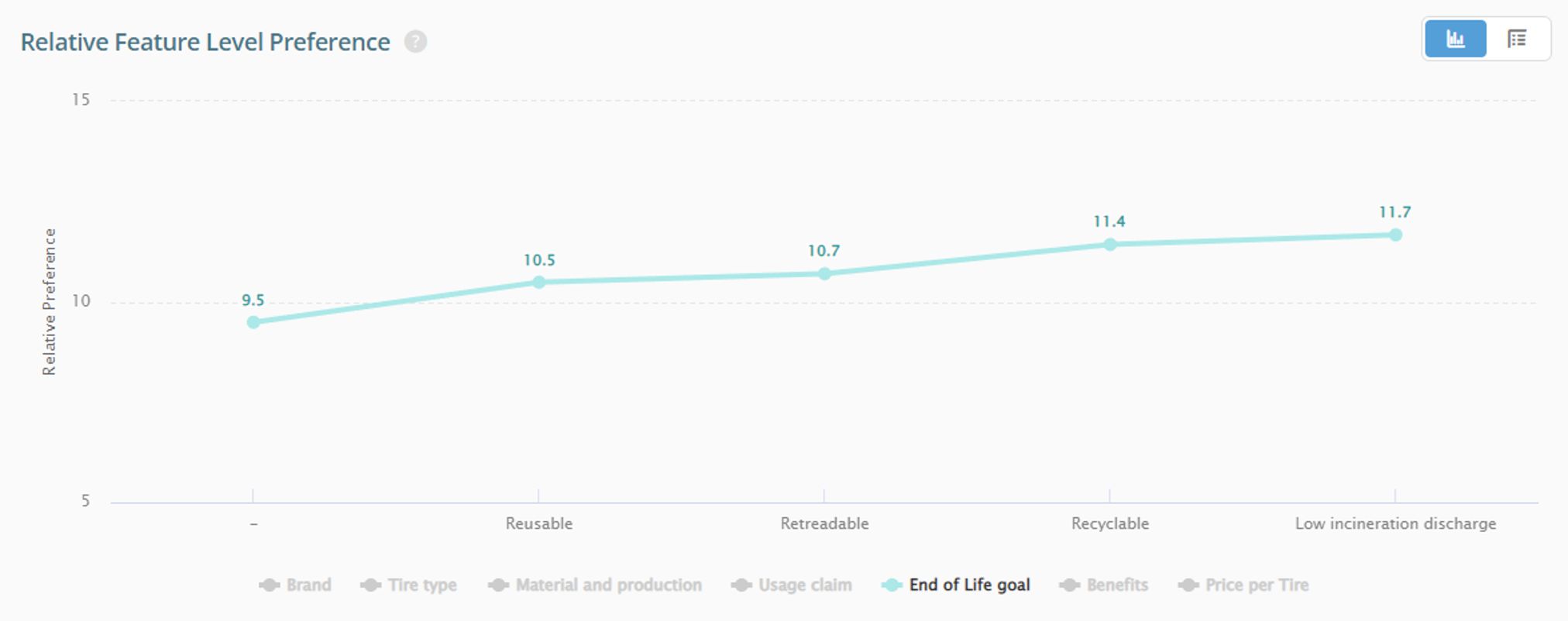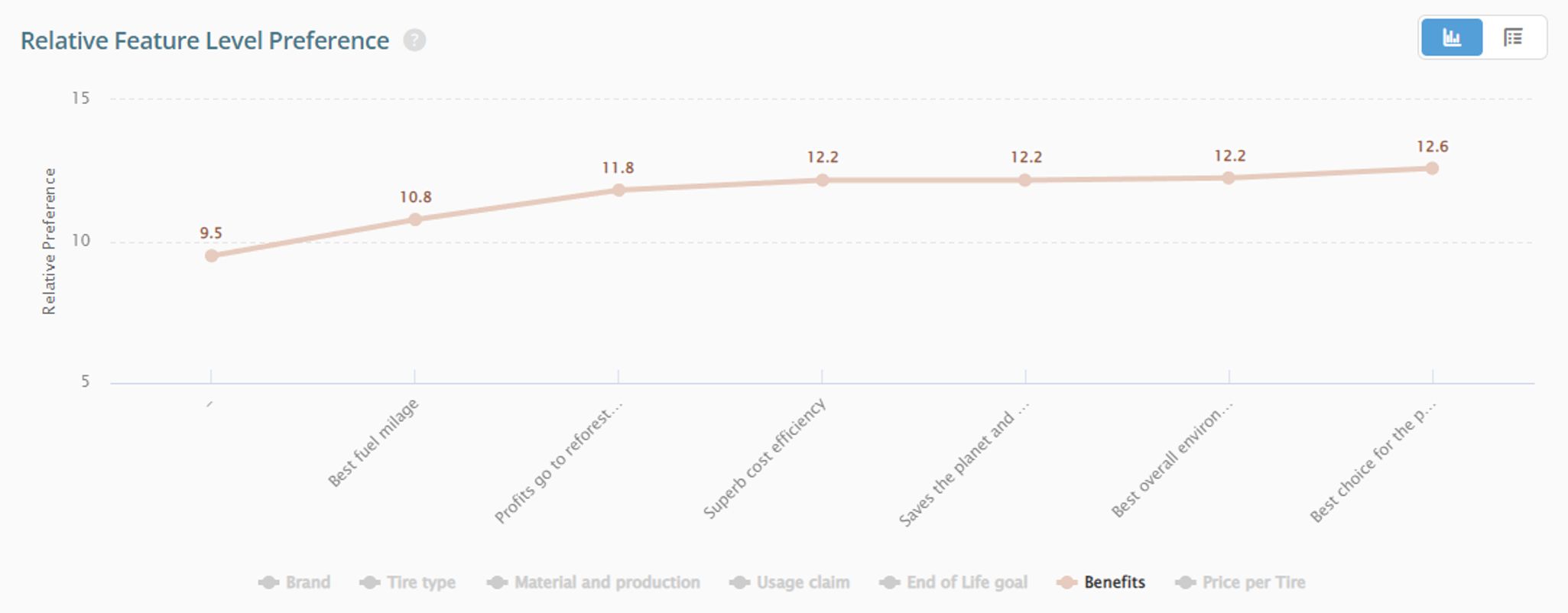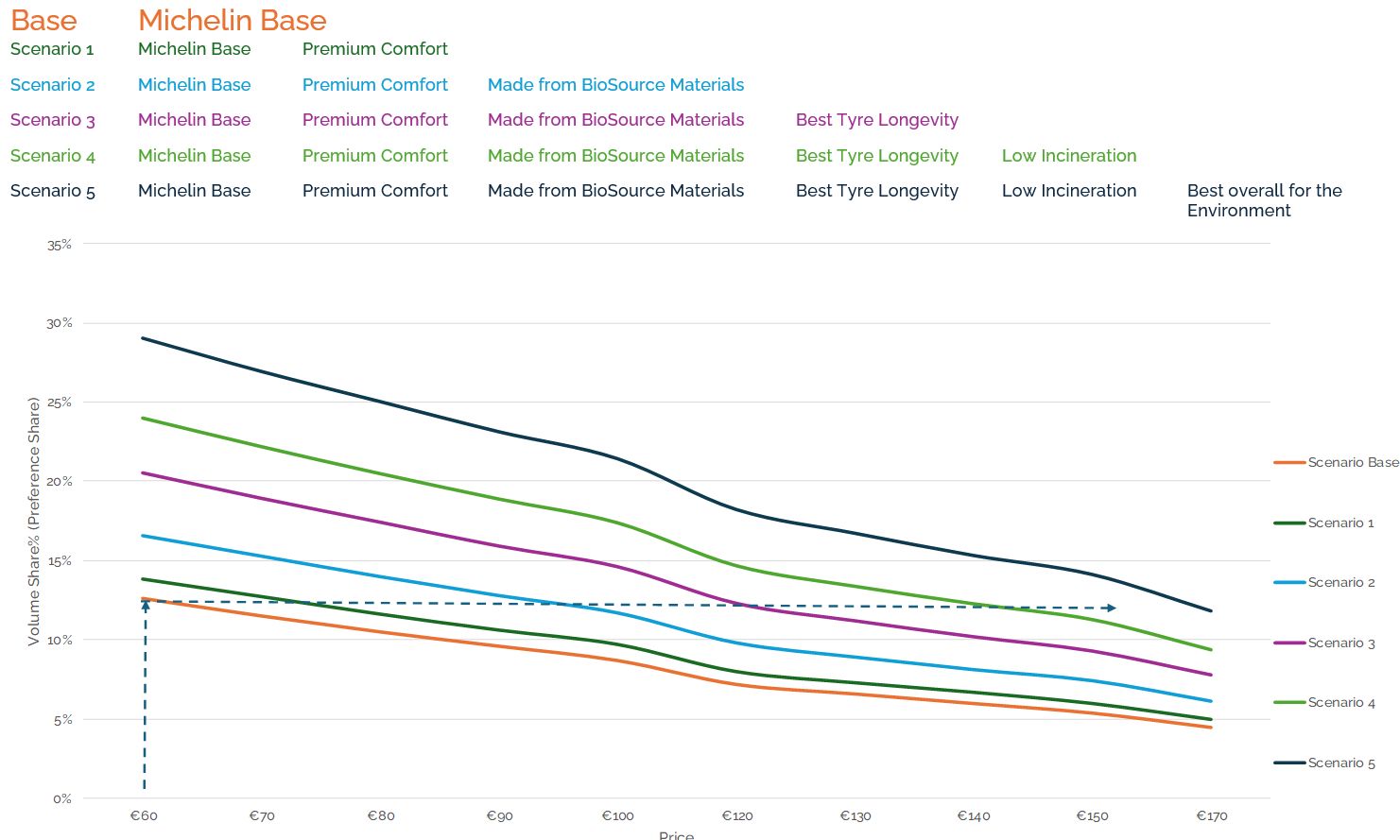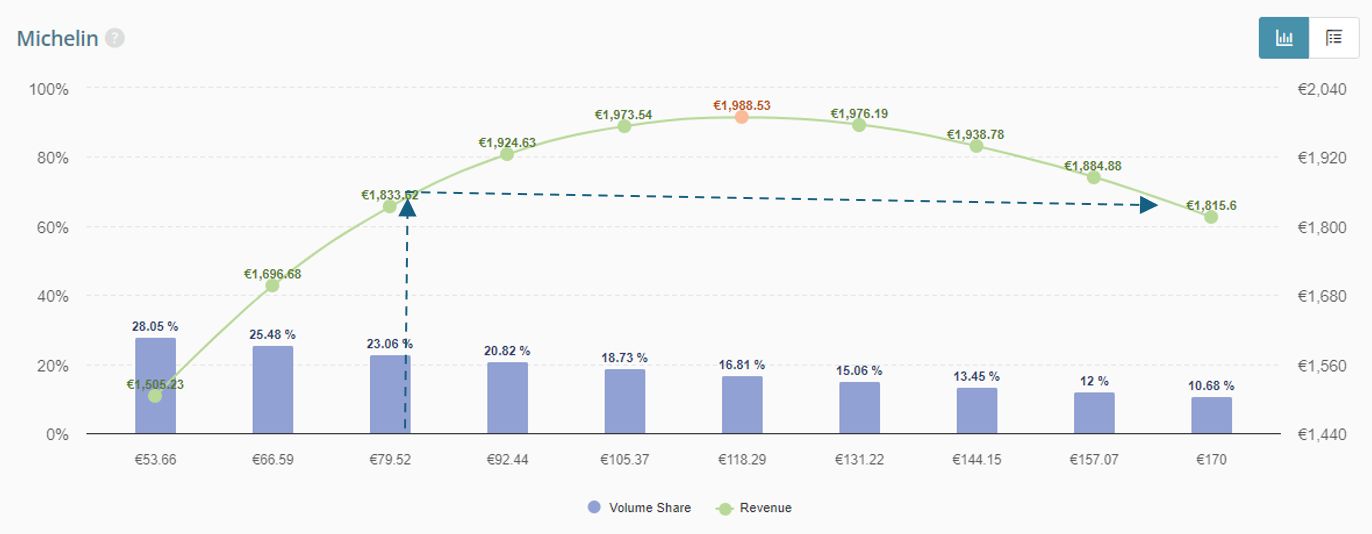Paris Climate Change accord is back in the spotlight as the #USelections spark more intrigue. Donald Trump is odds on favourite to regain the presidency given Kamala Harris needs to wait in the shadows while the democrats decide if a full convention vote is needed. Trump famously removed the US from the Paris agreement because he claimed it undermined the US economy putting them at a permanent disadvantage vs. emerging powerhouses like China and India.
Constraints drive innovation
The view that having stringent targets encourages innovation and progress, albeit constrained to ensure this growth positively impacts the climate, has been sited in the Harvard Business Review by CK Prahalad[1]. This document goes onto suggest that constraints create the opportunity to design new products to meet the needs of a growing cohort of consumers who have a preference for eco friendly products that limit their impact on their environment both locally and globally.
Working with Michelin car tyres, we wanted to put a value on what innovation in the direction of sustainability can do for a brand, and the preference of the customer. Car Tyres is a market which is challenging to maintain functional excellence while delivering major improvements in sustainability credentials. This effort is worth your while, as a brand owner, if there is a reputational, customer preference, and eventually financial benefit from taking this more difficult path.
Finding the claims that drive value
We conducted a conjoint study with four hundred respondents from Italy (IT), Spain (ES), France (FR) and Germany (DE). This study would test how important sustainability is for customers in each market and put a value on what those claims are in terms of their ability to either drive market share or command a higher price point. The study included a range of twenty-two claims related to sustainability and some claims that are related to tyre performance to allow comparison vs the standard claim types made in the market by all suppliers.
Overall summary of findings:
- Sustainability messaging can drive market share or command a higher price point of between 120€ & +47%.
- The execution of messaging is what decides if it will be successful in the market.
- Anyone wishing to lead their market in sustainability must test a significant quantity of claims to truly understand their buyers needs and trigger points.
Message preferences:
The algorithm in a conjoint analysis study provides relative preference scores for each feature tested, with the value they contribute to a product’s market share. This study tested a number of claims, each bundled into an overarching feature.
(click to enlarge)
The initial view is that other than brand, where the Michelin brand performs very well vs. its rivals, and the expected negative relationship with price, there are not many other highly emotive factors when consumers are faced with buying tyres for their car. It is noted that the highest relative preference was for the Benefit of Best Choice for the Planet. Excluding this, the top performers in each category are related more to the outcome the buyer will personally enjoy. This therefore helps to already imagine the key messages any sustainable messaging should lead with.
The fact that sustainable claims can be as emotive in the purchase decision as the standard industry claims made by tyre manufacturers is the most surprising element as references to comfort, safety and sports performance would be expected to drive the biggest impact on sales behaviour.
We will now focus on each bucket of claims to understand a little more about what performed and what might be the underlying drivers.
Materials & Process:
(click to enlarge)
The first deep dive shows the most important drivers with the highest scores all relate to the impact on the environment vs other elements in CSR agenda such as working conditions for employees.
Benefits from usage:
(click to enlarge)
Usage claims that related to the personal benefits of the individual outperformed the potential environmental impact an individual can make. The inferior performance of the relatively abstract claims should be expected as there is little known about microplastics or the or what a reduced CO2 emission could result in. Best tyre longevity is a clear message that these tyres will need later replacement, so you are getting more from the same amount of rubber and therefore reducing your lifelong footprint.
End of Life:
(click to enlarge)
With confusion over the value of what happens after final use of tyres, a simple clear outcome-based message outperforms those that only show the potential next use.
Benefits:
(click to enlarge)
The final message group tested, Benefits, showed a clear message that this Tyre is “the best choice for the price” drove the highest preference share. Second was Best Overall Environment Impact which trumped best cost efficiencies and best fuel mileage.
Can sustainability be a triple win?
Clearly the consumer will feel better when deciding on a tyre which gives reassuring messages like “the best for the planet” and “made from bio sourced materials”, the planet clearly benefits, but can all the R&D invested in being able to make these claims pay back. The benefit of Conjoint is that it tests these differing scenarios with every possible combination of claims & prices. Most importantly, Conjoint asks the consumers to make a purchase decision with competitor offerings in situ and making similar claims so that we avoid social desirability bias and clear virtuous signalling.
The elasticity curves for Michelin tyres shift to the right as more features are added. This shows the price customers would be willing to pay for a tyre with all the top claims on comfort and environmental credentials.
(click to enlarge)
(click to enlarge)
Sustainability can pay if marketed in the right way
The overall summary is that sustainability can pay back on its investment with the consumer, but it requires careful curation of the right claim to secure the return. From our study with Michelin, you can see twenty-two claims which can be directly linked in sustainability, however it’s the selecting of the top performers in combination that allows a premium price of up to 40€ (+47%) to be commanded by Michelin. This example is specifically for tyres, but we have already conducted similar studies in FMCG and found the similarities in the range of performance of claims.
[1] Sustainability targets support innovation - https://hbr.org/2009/09/why-sustainability-is-now-the-key-driver-of-innovation


